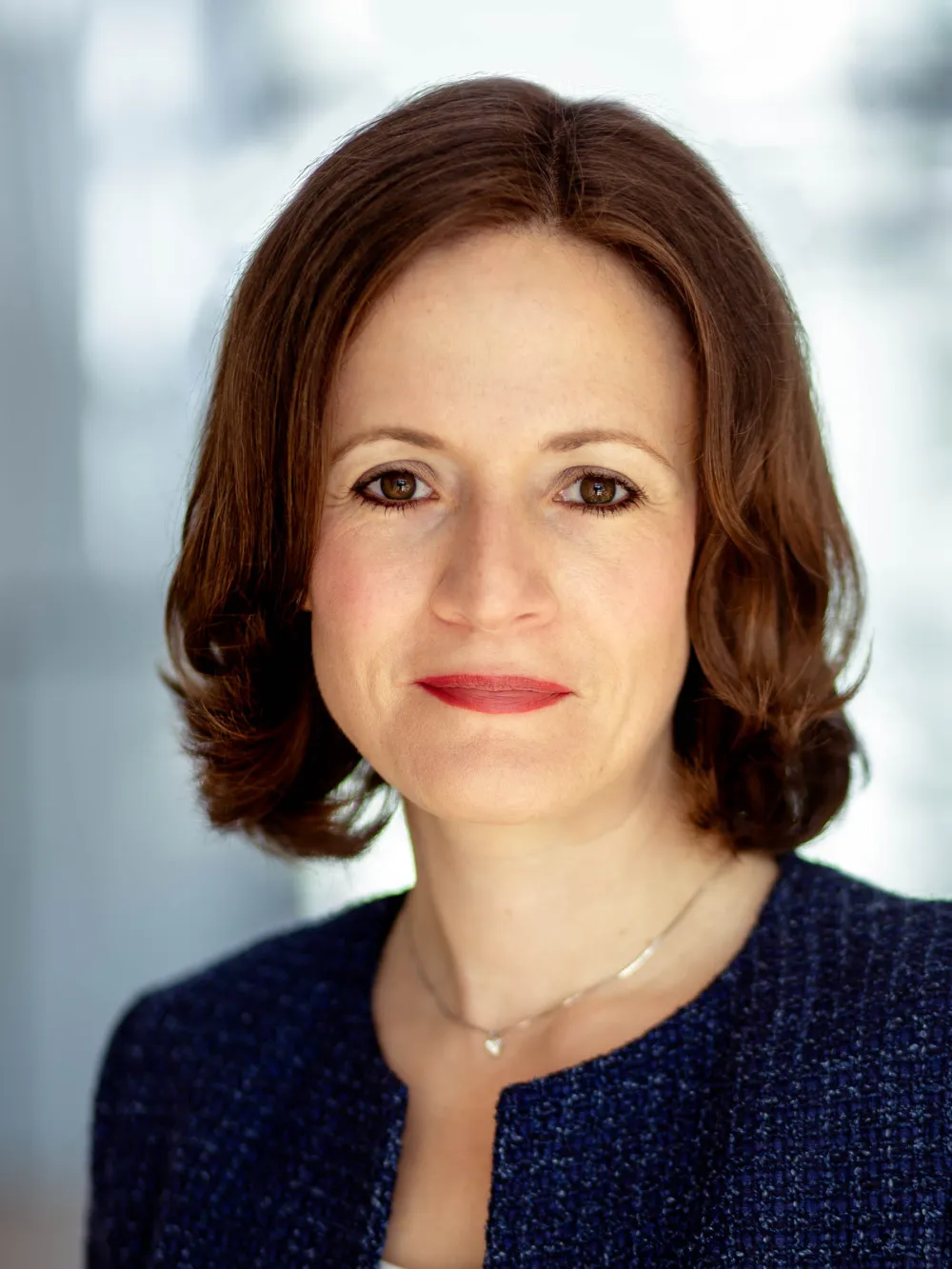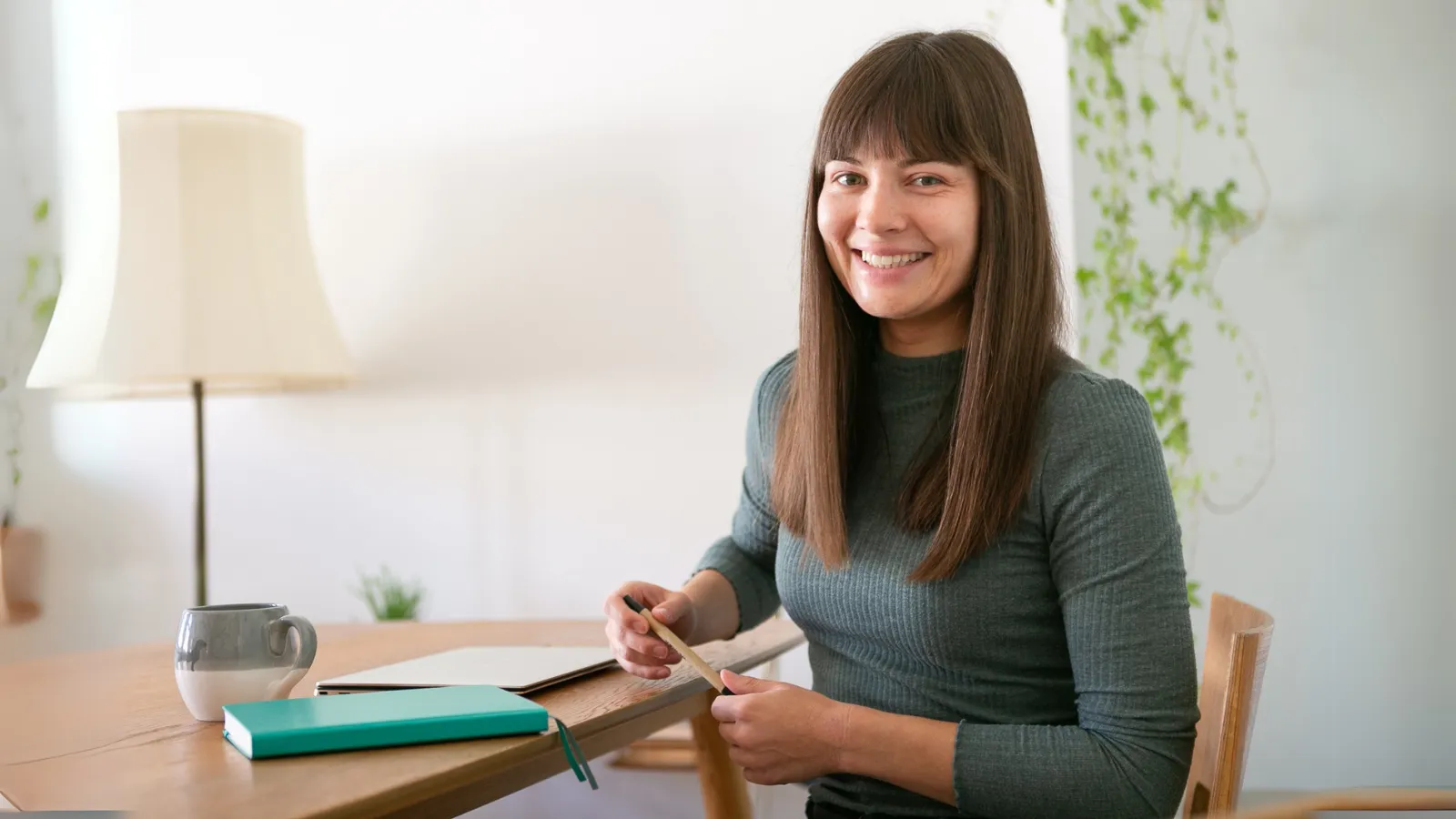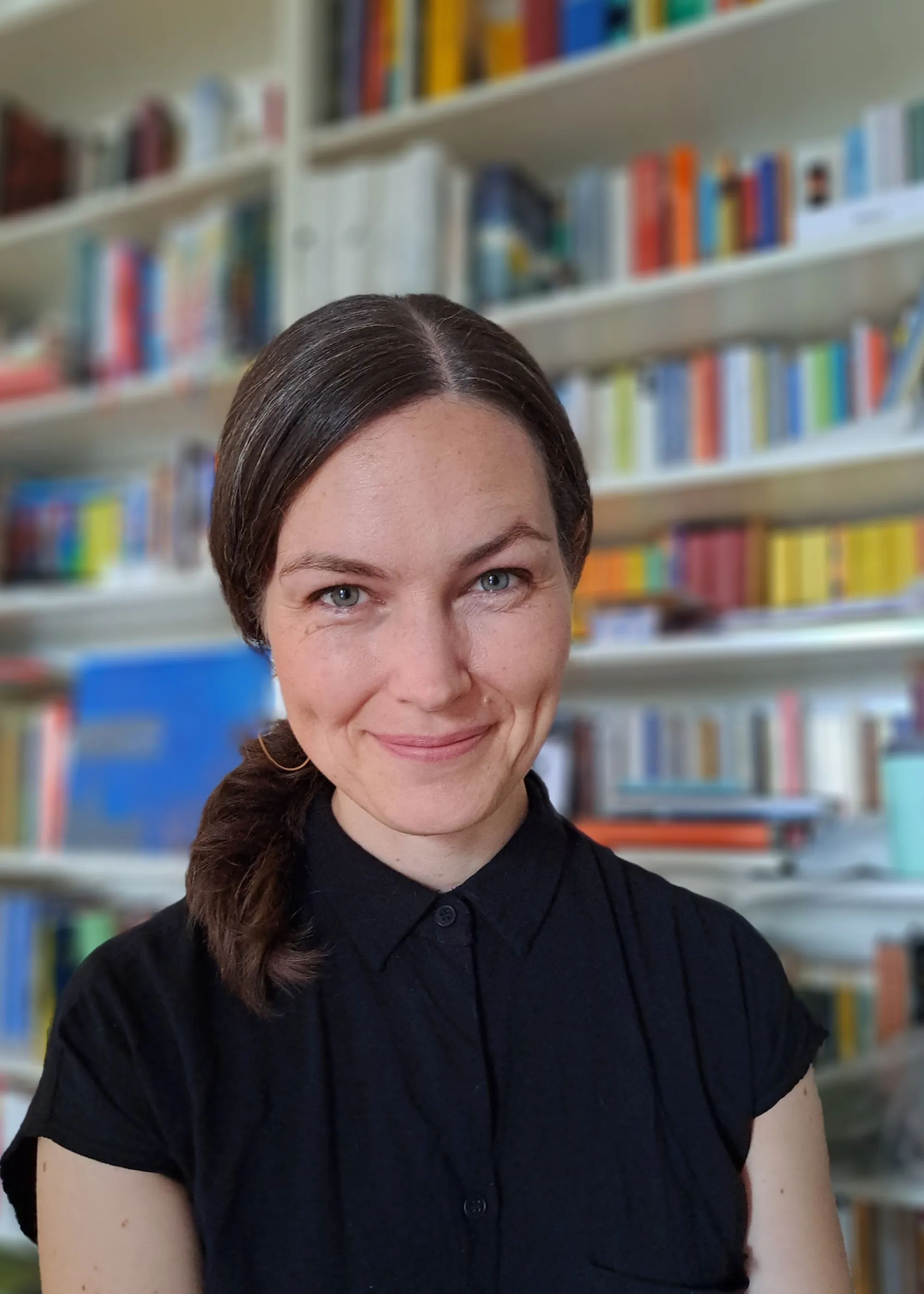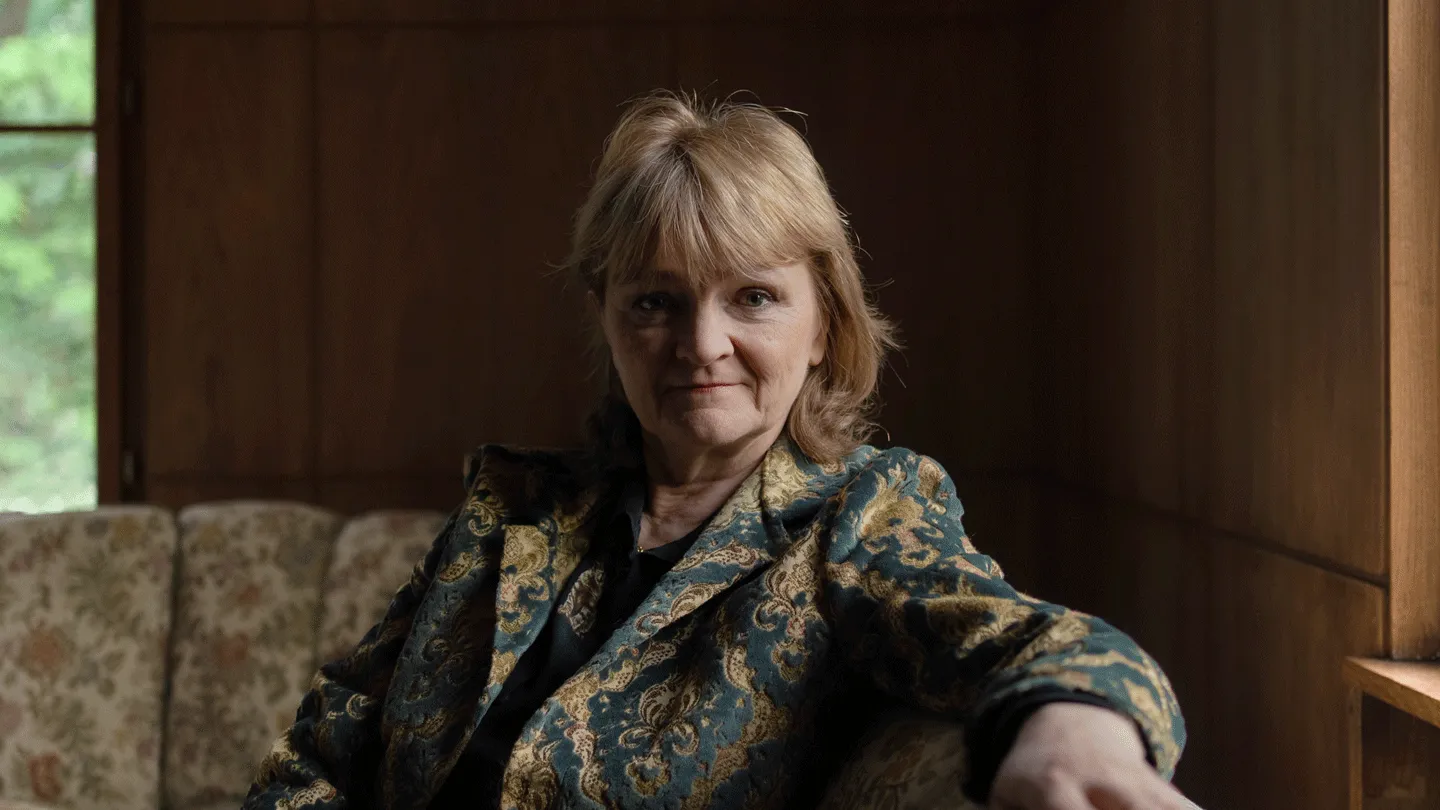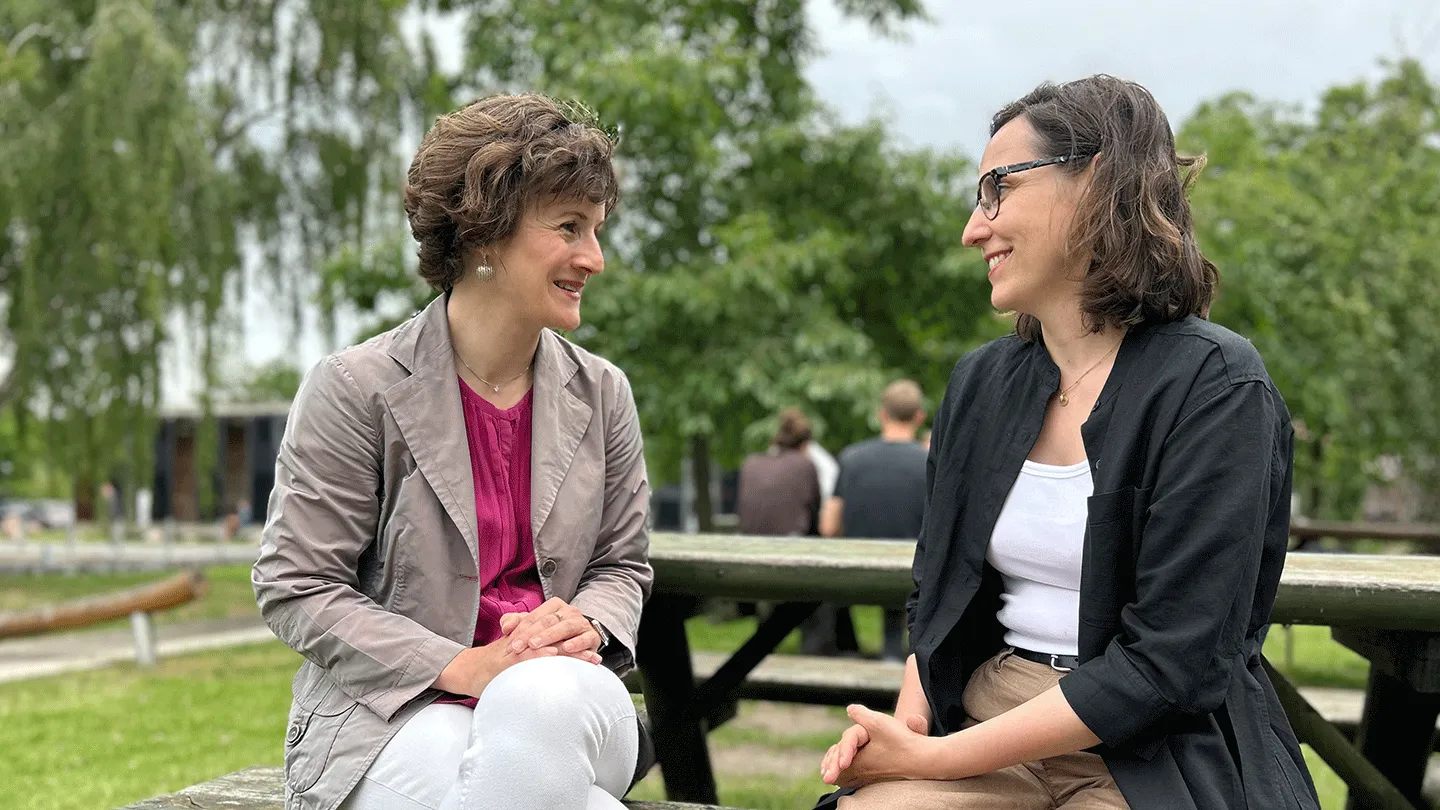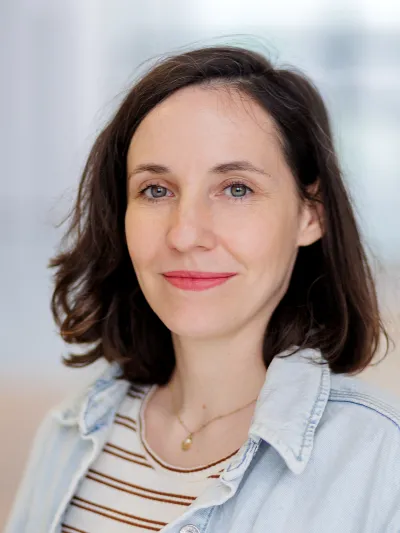Working in arts and cultural organisations has always been challenging. But today, those in charge are achieving extraordinary things: they are not only coping with the consequences of the pandemic, but also with social transformations. This includes, among other things, the need to make their own organisation diverse and sustainable. Our certificate course provides those involved in the arts and culture with basic management skills - but above all, it offers the opportunity to network with one another.
8 ECTS-Leistungspunkte
tba
Recognised in Brandenburg and Berlin
At a glance
This course is aimed at managers and professionals in the arts and culture who want to position their organisation more strongly and want tools for successful cultural management and strategic marketing. The course provides in-depth specialist knowledge and practical tools with which you can act efficiently and effectively to successfully manage your institution.
We emphasise networking and exchange: in workshops and group work, we discuss your individual challenges and develop practical solutions. The challenges of cultural work in times of digital and social change are taken into account - both in the module content and in the course schedule. Online events will take place on a total of four dates. Modules 1 and 4 as well as the "Digital Thursday" seminar series can be booked individually. Upon successful completion (university certificate), the title "Cultural Manager" is awarded.
Funding: The further education programme is generally eligible for funding. Please enquire with the funding body (e.g. ILB) about its funding conditions before registering.
Organisation
- Theoretical and practice-orientated inputs
- Work on case studies and participants' topics
- Plenary discussions, small group work, exercises, presentations
Lecturers
- Prof. Dr Julia Glesner, Arts Management and Cultural Work programme at the University of Applied Sciences Potsdam
- Silke Oldenburg, Museum Kunst und Gewerbe, Hamburg
- Sabine Wenger (M. A.), Bar jeder Vernunft / Tipi am Kanzleramt – Head of Press and Public Relations
- Maria-Lena Matysik, Managing Director, Analyticfreaks GmbH
- Linnja Naujoks-Auffenberg, Digital Transformation, Hanover State Theatre
Your profile
- You manage a cultural organisation or are aiming for a management position.
- You want to expand your portfolio in the field of cultural management.
- You are planning a career change into the cultural sector.
- You want to professionalise and strategically align your cultural work.
- You want to argue confidently with decision-makers in favour of maintaining and expanding cultural work.
Experienced lecturers who were able to report from their everyday lives in a realistic and authentic way and who know the reality of cultural organisations. It's a further education programme in a pleasant, appreciative atmosphere.
Modules
More Information
Successful cultural work in rural Brandenburg: How further education set the course
In this interview, training participant Andrea Schütze explains how a course at the University of Applied Sciences Potsdam inspired her to become even more involved in local culture.
Interview with Prof. Dr. Julia Glesner
How can we meet the change in values with professional cultural management?
